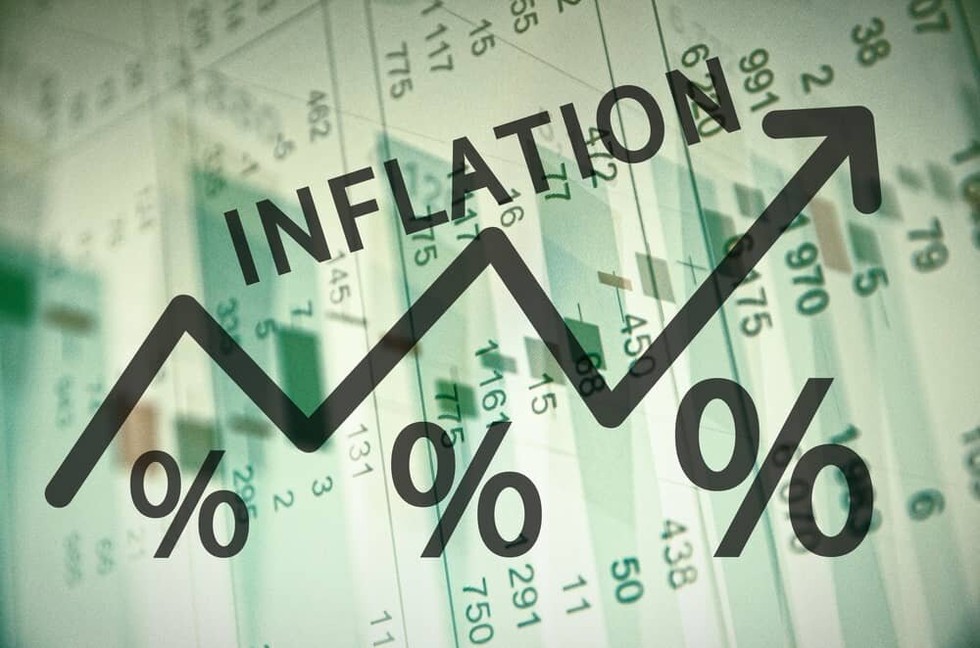About Imported Inflation:
- It is a general and sustainable price increase due to an increase in the costs of imported products.
- This price increase concerns the price of raw materials and all imported products or services used by companies in a country. It is also referred to as cost inflation.
- Several factors cause imported inflation:
- Exchange Rates: The more the currency depreciates on the foreign exchange market, the higher the price of imports. Effectively, more money is needed to buy goods and services outside the country.
- Commodity Prices: When commodity prices rise globally, it directly impacts the cost of imports and can lead to higher inflation in the importing country.
- Trade Policies and Global Supply-Chains: Changes in trade policies, such as tariffs and quotas, can influence the cost of imported goods.
- Transportation Costs: Fluctuations in transportation costs, influenced by factors like fuel prices and logistical challenges, can affect the final cost of imported goods.
- Effect:
- With imported inflation, production costs are higher for companies. These companies most often reflect this increase in the selling price of the goods and services sold. As a result, prices within the country rise.
